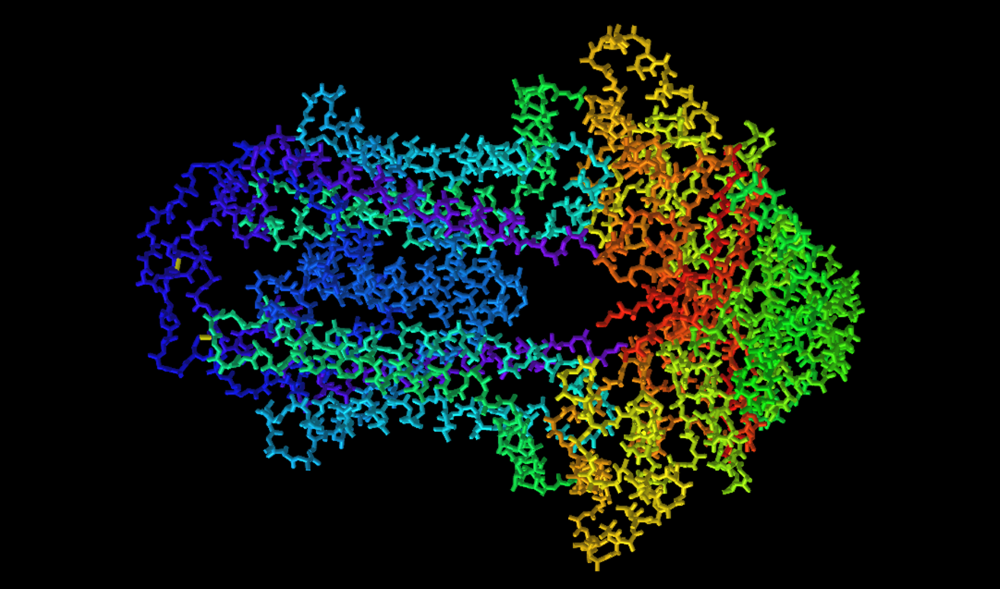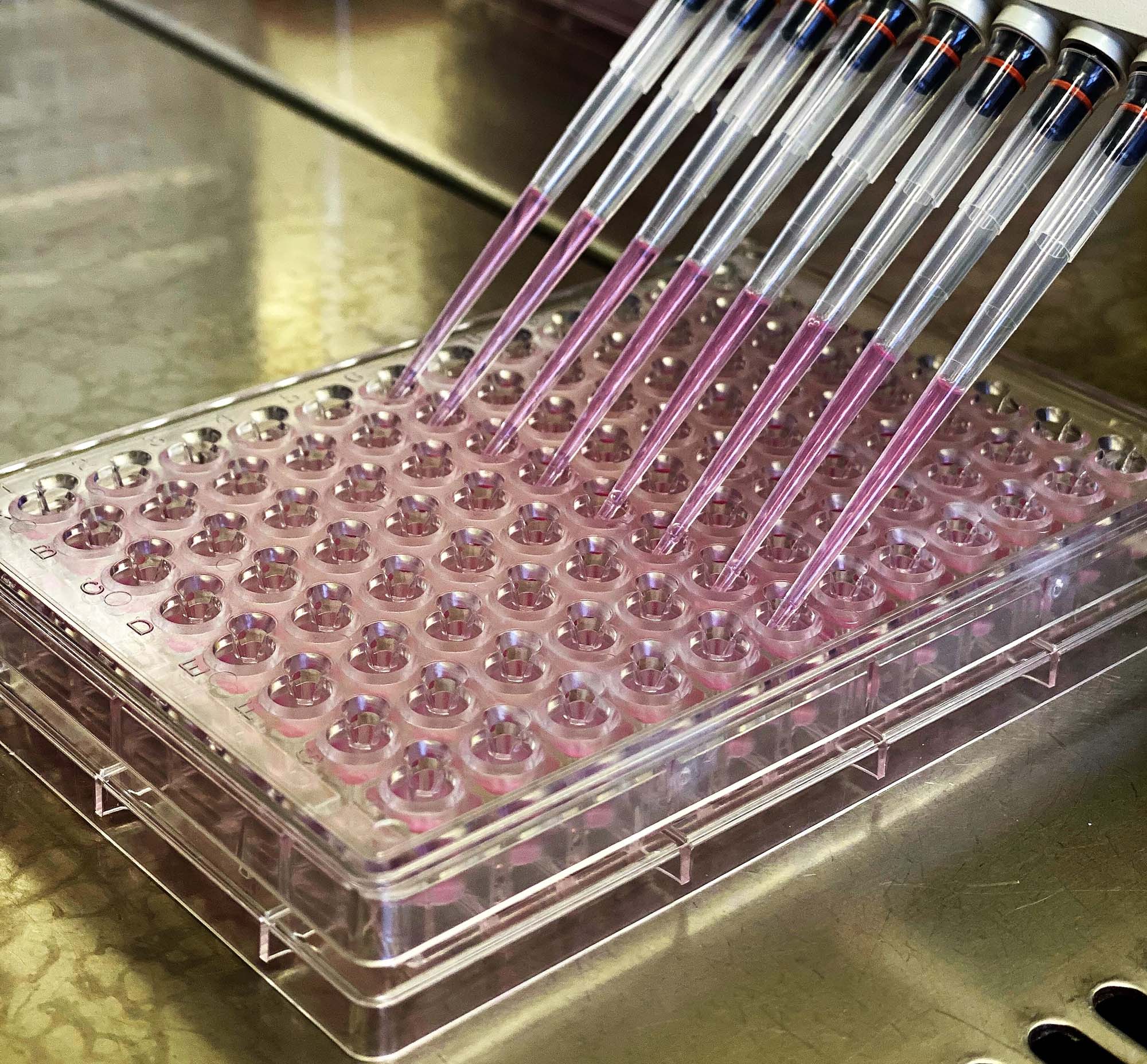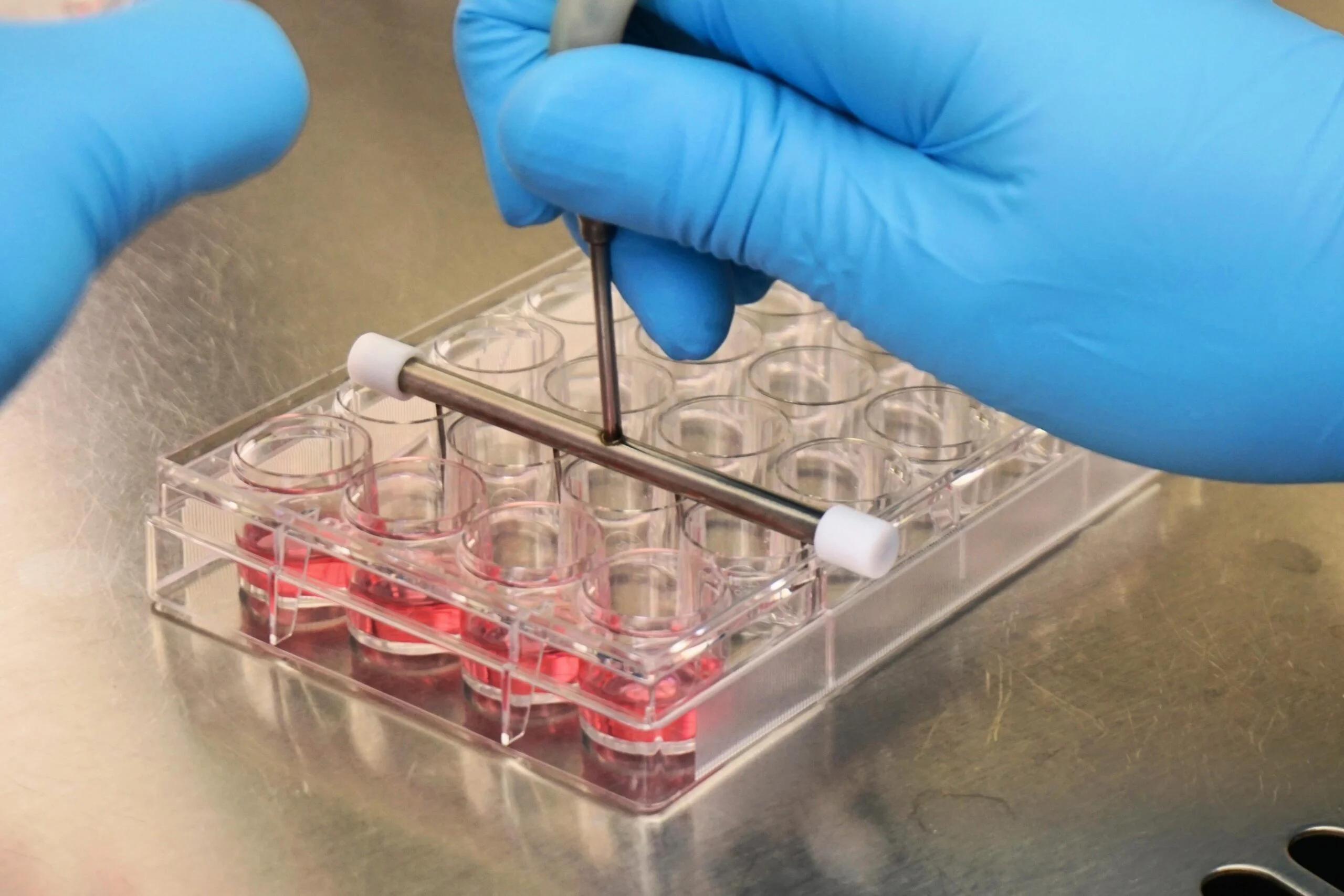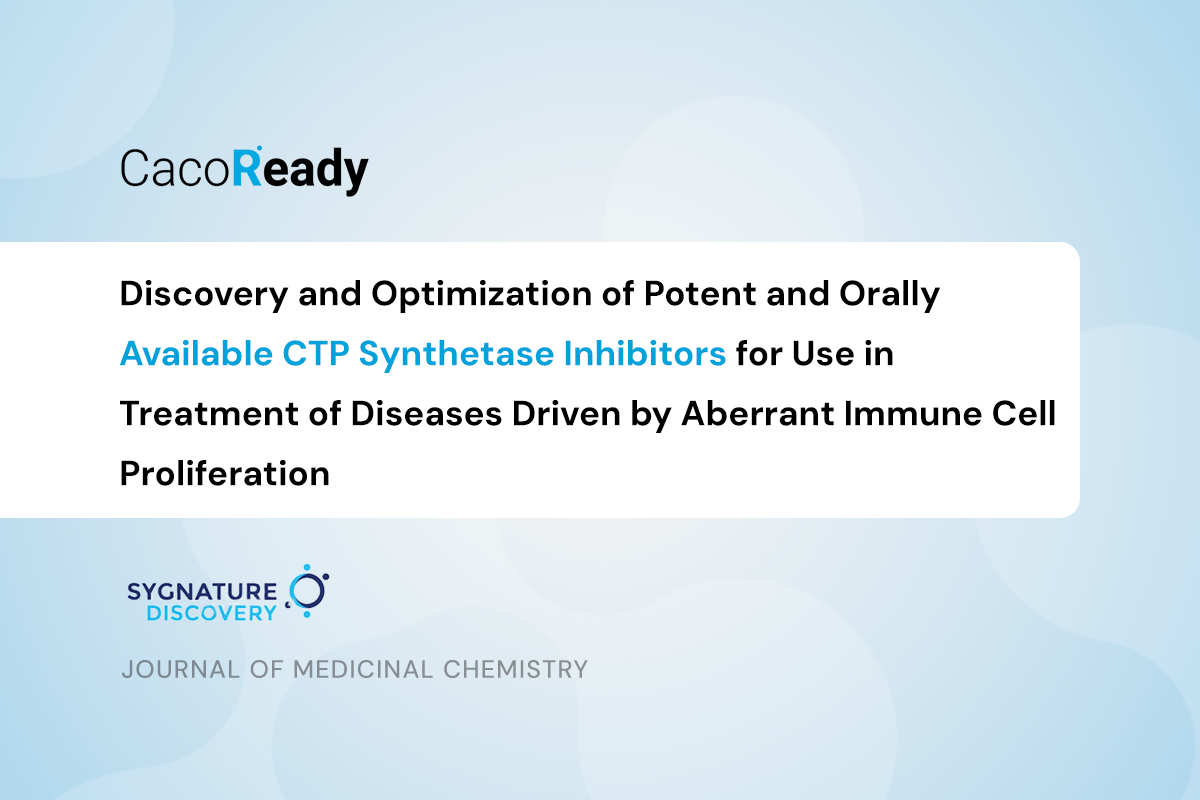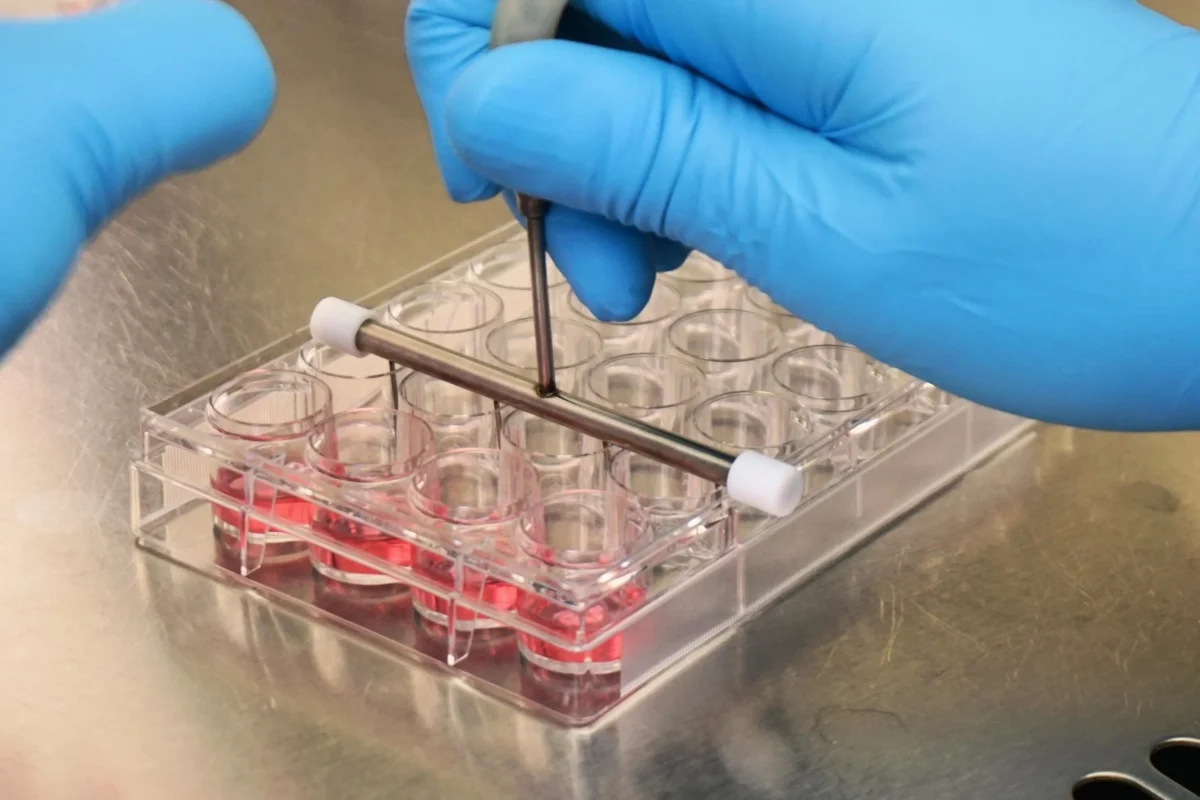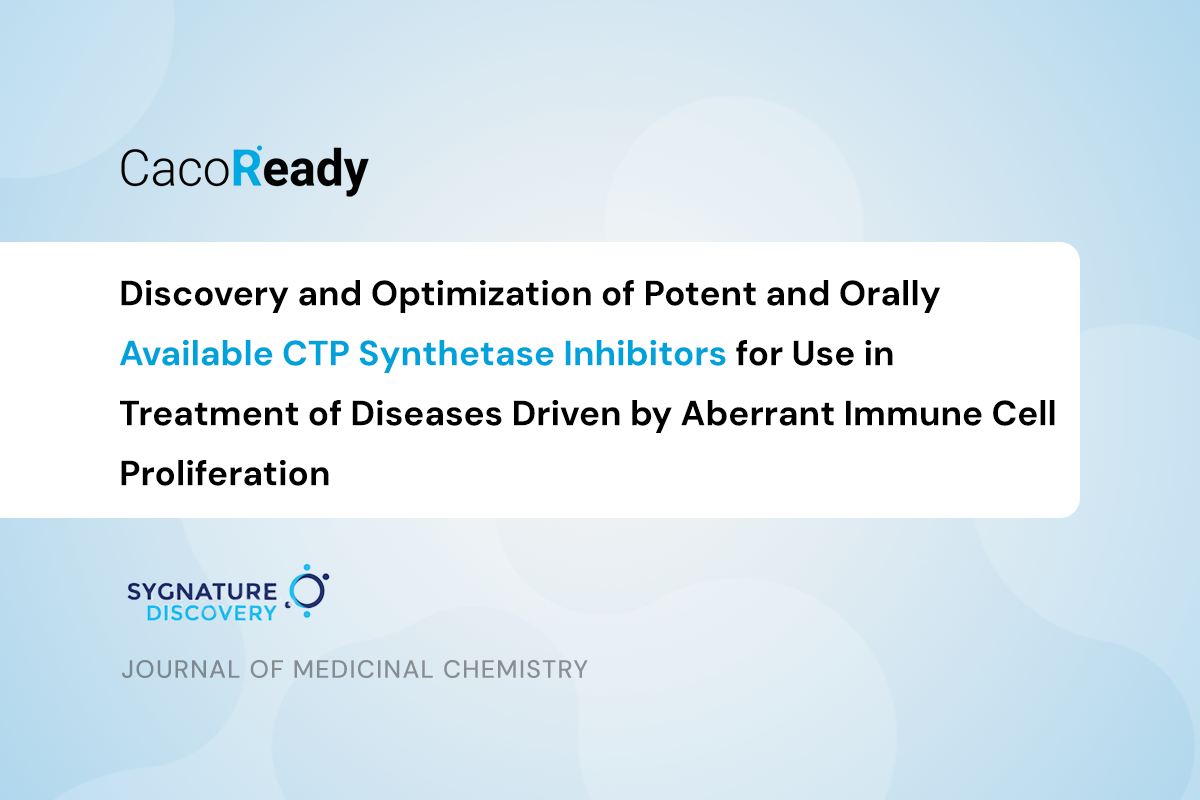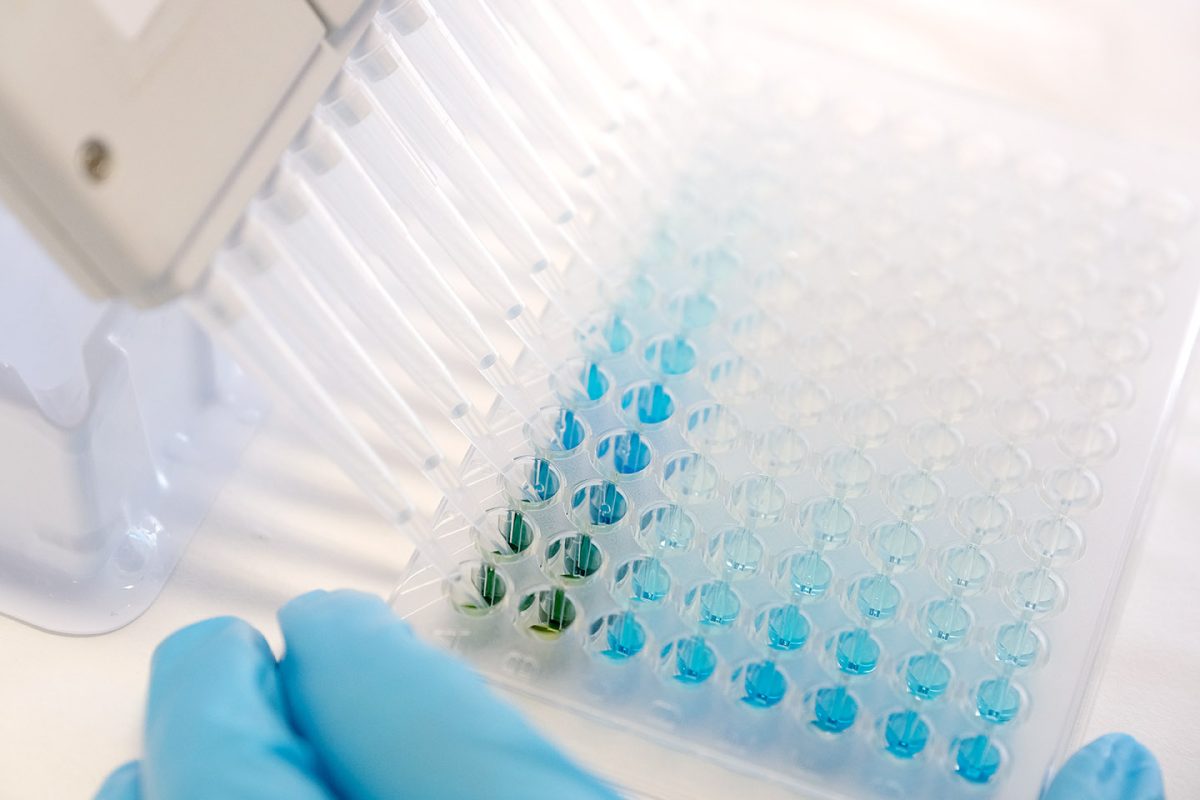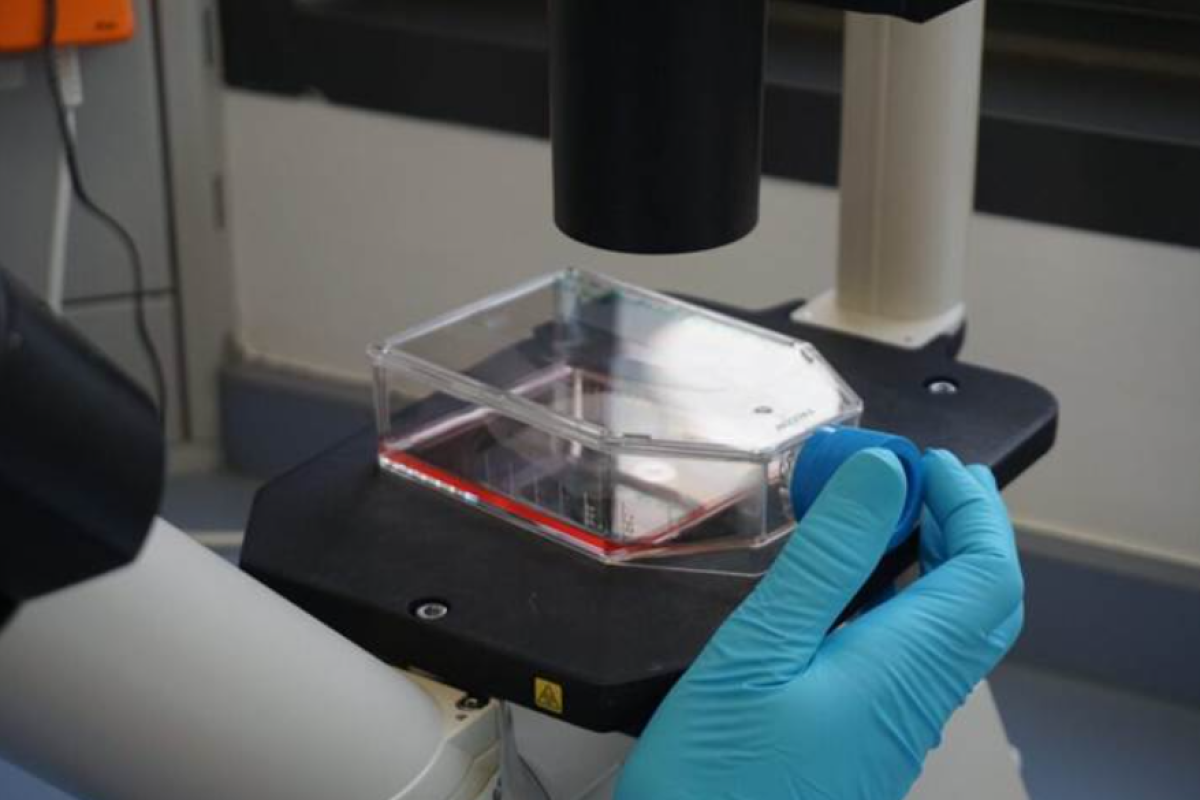Cancer, responsible for approximately one in six deaths worldwide, arises when normal cells undergo a multi-stage transformation into malignant tumor cells. In 2022, there were an estimated 20 million new cancer cases and 9.7 million cancer-related deaths globally. To combat this pervasive disease, research has led to the development of various strategies in the field of treatment and tumor progression, such as:
- Low molecular weight chemical-based compounds.
- Monoclonal antibodies that target specific proteins in cancer cells.
- Cancer growth blockers that inhibit cell growth.
- Antiangiogenic drugs that stop blood vessel formation to support tumor growth.
However, drug resistance remains one of the biggest challenges in oncology drug development. A critical factor in multidrug resistance (MDR) is the ATP-binding cassette (ABC) transporter superfamily, a group of membrane proteins responsible for actively transporting a variety of substrates across cellular membranes and which, in tumour cells, efflux chemotherapeutic drugs, limiting their therapeutic effect.
The role of ABC transporters in human cancer
This family of membrane proteins comprises at least 48 genes in humans. Among them, two key multidrug resistance efflux pumps are particularly relevant in oncology:
- MDR1 (P-glycoprotein, P-gp) – Encoded by the ABCB1 gene.
- BCRP (Breast Cancer Resistance Protein) – Encoded by the ABCG2 gene.
These efflux transporters in cancer not only efflux chemotherapeutic drugs, but they also carry endogenous substances such as lipids, peptides, inorganic anions, amino acids, polysaccharides, and inflammatory mediators.
Among them, lipids such as eicosanoids, cholesterol, prostaglandins, and leukotrienes are especially relevant players in cancer biology since they act as signaling molecules and regulators of a significant number of cellular functions. By modifying the tumor microenvironment, these lipid substrates contribute to tumor progression and drug resistance.
By what means are P-gp and MDR1 transporters involved in the evolution of cancer?
As mentioned above, the expression of ABC transporters, particularly the efflux pumps MDR1 and BCRP, is closely linked to tumor initiation and progression, as oncogenic signaling pathways regulate their expression. Their role in tumor behavior can vary across different cancer types, as demonstrated by the following examples:
- Uveal melanoma: Overexpression of P-glycoprotein (P-gp) in certain cancer cells is associated with increased tumorigenicity and metastatic potential.
- Glioblastoma: Downregulation of BCRP in glioblastoma cells has been shown to inhibit their ability to invade and migrate, indicating its role in cancer cell movement.
- Lung carcinoma: BCRP is involved in promoting cancer cell proliferation, as seen in various lung cancer models, suggesting its contribution to tumor growth.
- Prostate cancer: Similar to lung carcinoma, BCRP also supports the proliferation of prostate cancer cells, playing a key role in tumor expansion.
- Colon cancer: In colon cancer, suppression of P-gp results in cell cycle arrest at the G0/G1 phase, highlighting its involvement in controlling cell division.
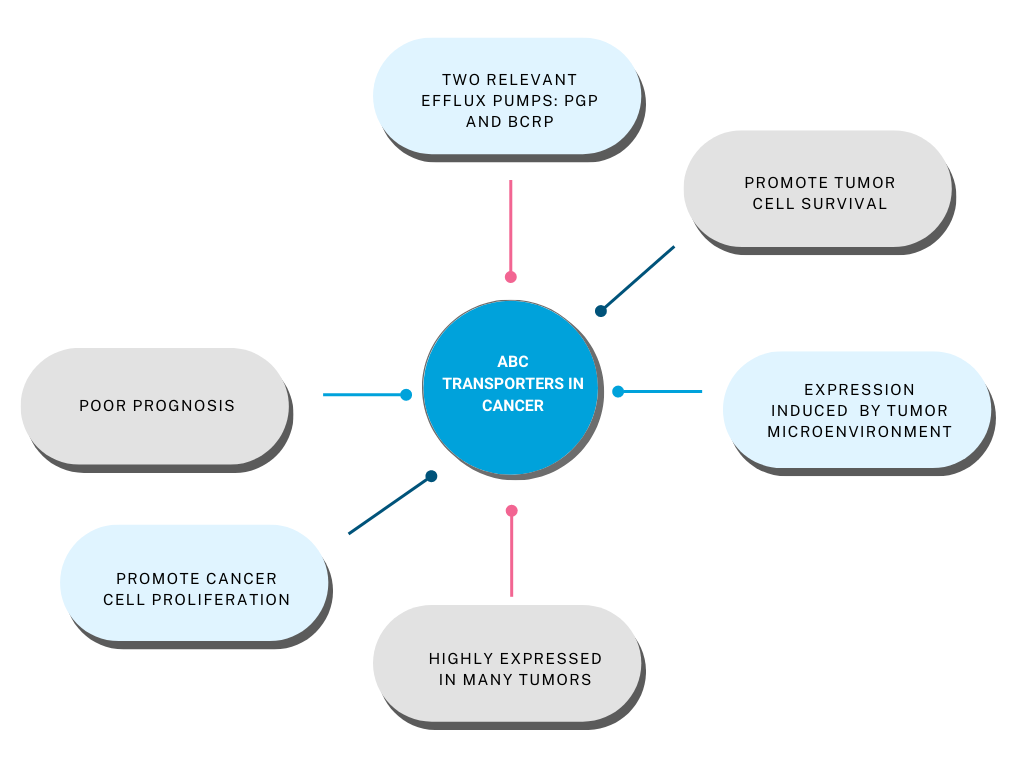
ABC inhibitors, in increasing progress
To overcome drug resistance, researchers have developed three generations of ABC transporter inhibitors over the past four decades, including valspodar, cyclosporine A, and verapamil, validated with our ready-to-use in vitro PreadyPort MDR1 and BCRP plates. Despite their clinically limited success, ABC inhibitors have currently more potency and are less toxic.
In addition to synthetic compounds, current ABC transporter inhibitors focus on chemicals from natural plants such as flavonoids (e.g., quercetin, naringenin, and chalcone derivatives), quinones, and terpenoids as potential ABC transporter inhibitors.
If you are working on identifying effective ABC inhibitors capable to reverse drug resistance and understanding the molecular mechanisms of MDR1 and BCRP transporters in vitro, MedTech Barcelona has available several ready-to-use cell-based assays that overexpress these two relevant efflux transporters. For more information, contact our expert team through our form or at reagents@medtechbcn.com.
REFERENCES
- Chen R, Yu Y, Liu R, Chen Q. Targeting breast cancer resistance protein (BCRP/ABCG2) in cancer. Transl Cancer Res 2024, 13:6550-6564 (doi: 10.21037/tcr-24-1129)
- Shoari A et al. Res Pharm Sci 2021, 16:559-574 (doi: 10.4103/1735-5362.327503)
- Muriithi W et al. Cancer Biol Med 2020, 17:253-269 (doi: 10.20892/j.issn.2095-3941.2019.0284)
- Fletcher JI et al. Nat Rev Cancer 2010, 10:1047-156 (doi: 10.1038/nrc2789)
- Xiao H et al. Frontiers in pharmacol 2021, 12:1-17 (doi: 10.3389/fphar.2021.648407)



